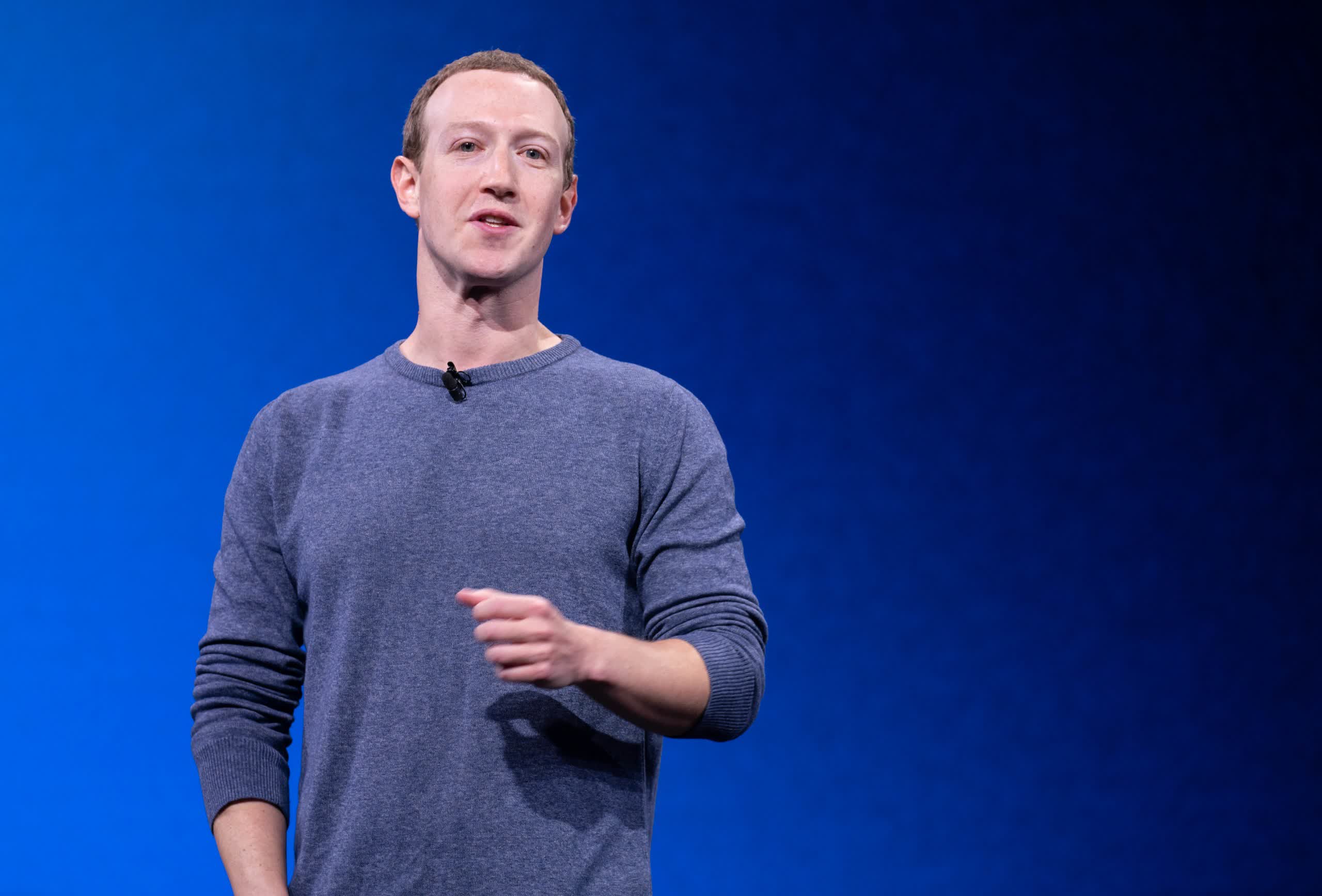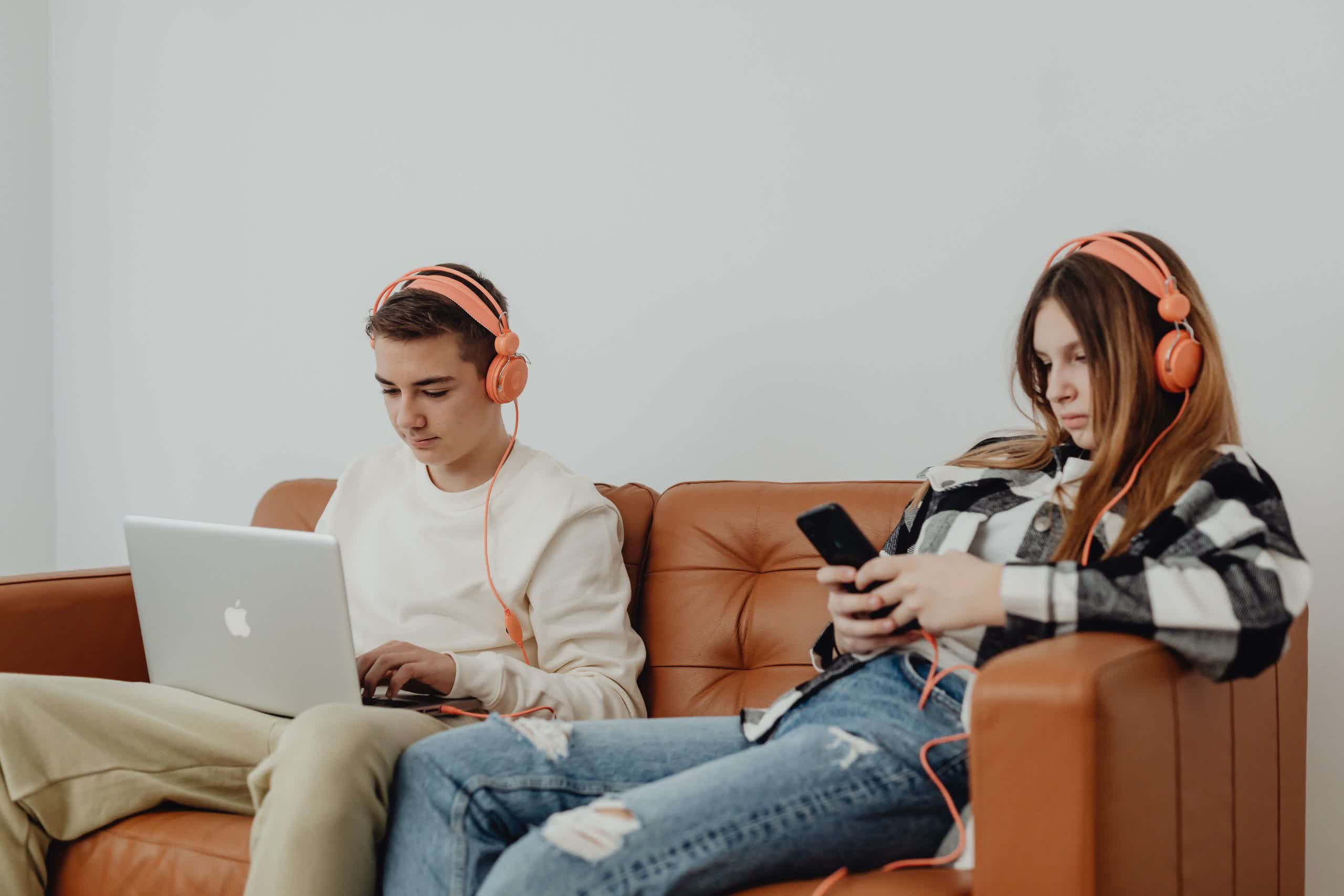What just happened? Mark Zuckerberg's attempt to prove that he should not be held personally liable for the negative effects of social media on kids has proved successful. A judge dismissed several claims made against the Meta boss in dozens of lawsuits that accuse Meta and similar platforms of purposely designing their products in a way that makes them addictive to children.
Meta and other firms, including Google, TikTok, and Snap, are facing hundreds of lawsuits accusing the companies of being responsible for the harms they allegedly cause children. As reported by Reuters, 25 of these cases aim to hold Zuckerberg personally liable, claiming he gave a false impression about the platforms' safety for children. It's claimed that Zuckerberg was repeatedly warned that Facebook and Instagram were not safe for kids, but he ignored the findings and publicly stated the platforms were safe for younger people.
Corporate law traditionally shields executives from liability, particularly at massive companies like Meta where many people are involved in the decision-making process. District Judge Yvonne Gonzalez Rogers in Oakland, California, sided with Zuckerberg, saying that the plaintiffs could not rely on his comparative knowledge about Meta's products to establish he personally had such a duty to each plaintiff.
"The court will not countenance such a novel approach here," she said, adding that those who sued Meta and Zuckerberg have the opportunity to amend and refile their complaints.

Zuckerberg previously argued that he can't be held personally responsible for actions at Meta just because he is the CEO. As for his previous public statements about social media being safe for children, his lawyers claim that they were generalized or covered by the First Amendment protection of free speech, and that Zuckerberg didn't have a duty to disclose the safety findings that were allegedly reported to him.
The lawsuits seek damages and a halt to the defendants' "harmful" practices.
In January last year, Seattle schools sued social media companies for causing a "mental health crisis" among children. Over 40 states did the same thing last October.
Last November, a study that used data from over 2 million people disputed claims that the internet, smartphones, and apps are detrimental to users' mental health. The researchers said they looked for a smoking gun linking tech with mental well-being but didn't find it.
